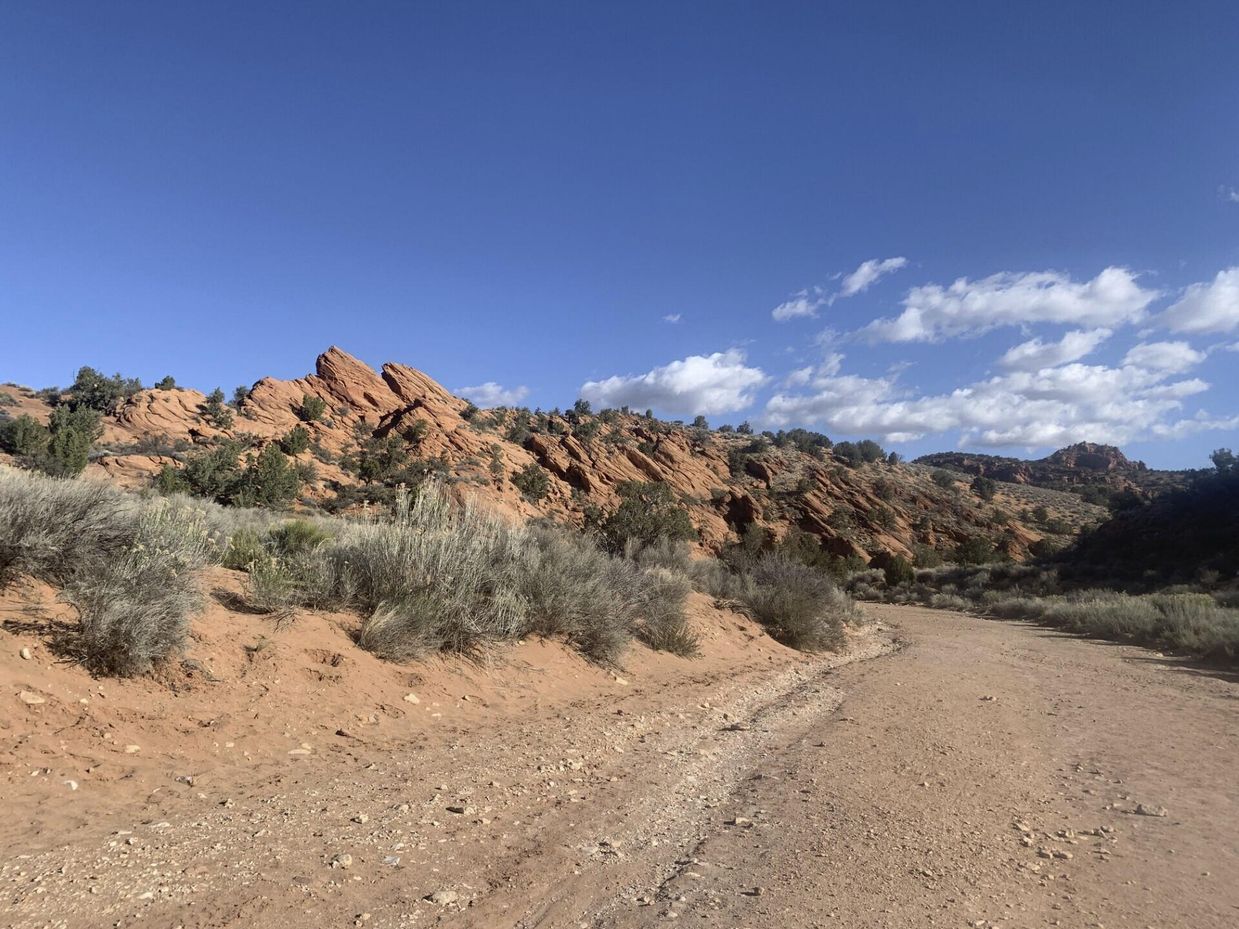In a highly anticipated decision, the Supreme Court ruled against Utah’s attempt to take control of public lands from the federal government. The case, which has been closely watched by land conservation advocates and state officials alike, centered on the question of whether Utah had a legal right to assert ownership over millions of acres of federally managed land within its borders.
The dispute dates back to the 19th century, when the federal government began acquiring large swaths of land in the western United States. Over the years, the federal government has designated these lands as national parks, forests, and wildlife refuges, among other things. However, in recent years, some states, including Utah, have argued that they should have greater control over these lands, citing concerns about federal overreach and a desire to boost economic development.
Utah’s case hinged on the interpretation of an obscure provision in the state’s Enabling Act, which granted Utah statehood in 1896. The provision, known as the “disclaimer clause,” purportedly allowed Utah to disclaim any interest in unappropriated federal lands within its borders. Utah argued that this clause gave it the authority to claim ownership of vast tracts of federal land, much to the chagrin of conservationists and federal land managers.
The Supreme Court, however, disagreed with Utah’s interpretation of the Enabling Act. In a 7-2 decision, the Court held that the disclaimer clause did not grant Utah the power to seize control of federal lands within its borders. Writing for the majority, Justice Elena Kagan emphasized that the federal government had clear authority over public lands under the Property Clause of the U.S. Constitution. She noted that allowing states to unilaterally claim ownership of federal lands would undermine the federal government’s ability to manage these lands for the benefit of all Americans.
The Court’s decision was hailed as a victory for land conservation advocates, who had feared that a ruling in favor of Utah could set a dangerous precedent for other states seeking to assert control over federal lands. Many environmental groups had warned that such a move could lead to increased development, mining, and logging on public lands, threatening wildlife habitats and pristine landscapes.
In a statement following the ruling, Fred Krupp, president of the Environmental Defense Fund, praised the Court for upholding the federal government’s authority over public lands. “This decision reaffirms the longstanding principle that public lands are owned by all Americans, not just by individual states,” Krupp said. “It is a win for conservation, for wildlife, and for future generations.”
Utah officials, however, expressed disappointment with the Court’s decision. Governor Spencer Cox, a Republican, had been a vocal proponent of the state’s efforts to take control of federal lands. In a statement, Cox vowed to continue fighting for greater state control over public lands, arguing that Utah could manage these lands more effectively than the federal government.
“The Supreme Court’s decision is a setback, but it is not the end of the road,” Cox said. “Utah will explore all available options to assert its rightful authority over public lands within our borders. We believe that local management is the key to ensuring the responsible stewardship of these lands.”
The Court’s ruling comes at a time of heightened tension over public lands in the western United States. In recent years, there has been a growing push by some states and lawmakers to transfer control of federal lands to state or local authorities. Proponents of this movement argue that states are better equipped to manage public lands and that increased state control could lead to greater economic development and job creation.
Critics, however, warn that transferring control of federal lands to states could have serious consequences for conservation efforts and public access. They point to examples of states selling off public lands to private developers or restricting access to recreational areas. They also note that federal agencies like the National Park Service and the Bureau of Land Management have decades of experience managing public lands and protecting them for future generations.
The Supreme Court’s decision in the Utah case is likely to have far-reaching implications for the ongoing debate over public lands management. It reaffirms the federal government’s authority over public lands and sends a strong signal to other states that similar efforts to assert control over federal lands may face legal challenges.
As the battle over public lands continues to play out in the courts and in state legislatures, conservationists and advocates for public lands are likely to remain vigilant in defending these valuable resources. The Supreme Court’s decision in the Utah case is a reminder of the importance of upholding the principles of conservation and responsible stewardship of public lands for the benefit of all Americans.









